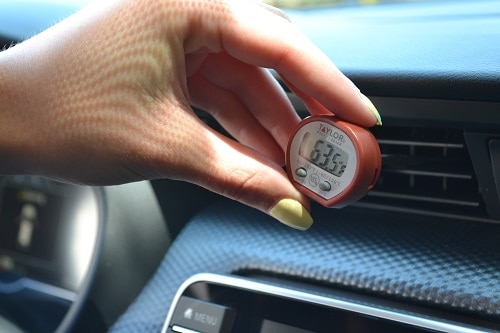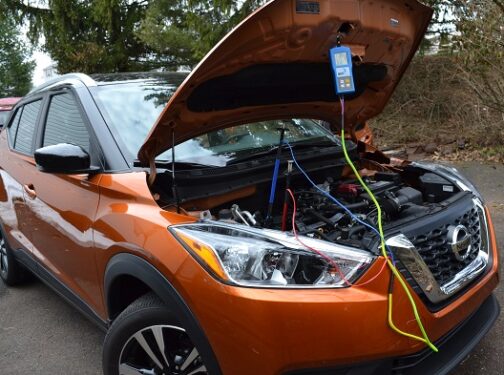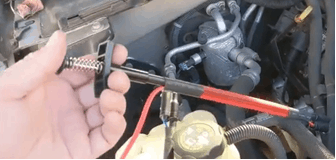
Recap: HD A/C Boot Camp
April 16, 2024
By: Alexa Murphy As the weekend winds down, we extend our heartfelt gratitude to Jerry Lemon and all those who joined us for our HD A/C Boot Camp. It was...Read Article >

Global Parts Distributors to exhibit
October 18, 2022
All GPD products are designed to meet/exceed OE fit, form, and function. Product lines include compressor, condensers, cooling fans, electrical components and engine management sensors, evaporators, expansion valves, fittings, heater cores, hose assemblies, radiators, tools, chemicals, service items, and ‘Do It Right the First Time Kits’: Compressor Kits, Kits Plus, System Service Kits, Blower Motor Kits, as well as application specific O-Ring Rapid Seal Kits (included w/ Compressors Kits, Kits Plus, and System Service Kits) and Cap and Valve kits.Read Article >

Mastercool returns to MACS Training Event
September 22, 2022
“Mastercool is celebrating our 40th year of supplying professional quality air conditioning service tools and equipment. As one of the fastest growing companies in this market, our primary goal is to drive new product innovation and technologies to make the everyday work of the automotive technician easier.”Read Article >

It’s still not blowing cold enough
July 6, 2022
This customer came in with this car (he provided the vehicle information) and said it isn't blowing cold enough and wants me to make it blow colder. He just recently bought it and this is the first “hot spell” we’ve had since he’s had it.Read Article >

Air contamination in an A/C system can ruin your day
February 2, 2022
I had a memorable encounter with air contamination in the mid 1990s. I was conducting a lot of retrofit clinics at the time and had recently acquired a demo refrigerant identifier which I took to those clinics. At one clinic, there was a technician who was extremely interested in the refrigerant identifier.Read Article >

Air contamination in mobile A/C systems
January 18, 2022
We covered a base line test conducted with 0% air contamination and provided pressure and temperature information. This week we will provide pressure and temperature information experienced with 7.7% air contamination and 18.9% air contamination.Read Article >

Low refrigerant charge and the search for real data part 4
July 13, 2021
When we examined the pressure readings and vent temperature readings last week, there was nothing showing up that indicated any charge issues (even operating with the 25% undercharge).Read Article >

Low refrigerant charge and the search for real data
June 22, 2021
I had read about how low refrigerant charges could increase compressor operating temperatures and decrease the amount of oil flowing to compressors, but I had never been able to find results from any tests. After discussing this with MACS, we decided to do some testing to get some real data.Read Article >

Temperature Matters
May 11, 2021
In addition to having good contact with connectors and getting accurate readings, there are some other important things to remember when doing temperature testing.Read Article >

Pass the temperature probe
May 4, 2021
The first step is to run the A/C system for a few minutes to let it stabilize. Then both probes should be connected side by side at both points that will be temperature tested in the system. For example, if you were testing the temperature drop across the condenser, this would need to be done on both the discharge line and the liquid line.Read Article >

Contact counts in temperature testing
April 27, 2021
Proper contact is vital when connecting to A/C lines using the contact type temperature thermometers. To determine if I am getting good contact, I always like to place both connectors side by side on the same line and observe the temperature readings.Read Article >

Tips for taking your mobile A/C system’s temperature
April 20, 2021
The contact type units do indeed have a high degree of accuracy, but precautions must be taken when using them (especially connecting to lines) to ensure the accuracy. Otherwise, it is possible to get readings that are easily 5° to 10° off and that can lead to an incorrect diagnosis.Read Article >
